
- John Walters
- Attorney General T.J. Donovan, Jay Diaz of the Vermont ACLU and Kesha Ram at Wednesday’s announcement
Facing an array of unknowns about federal policy, Democratic Attorney General T.J. Donovan on Wednesday created a wide-ranging task force to explore and address issues related to immigrants and the law.
In practical terms, the effect of the task force is unclear. “Since the election and the transition of power in Washington, many Vermonters have approached me with questions about what’s going to happen, specifically in the area of immigration,” he said. “The short answer is, we don’t know.”
The task force’s mission is to address those unknowns as they become knowns, and advise Donovan on how to respond.
In purely political terms, the task force is a masterpiece of networking. Donovan cast a wide net through Democratic and advocacy circles, essentially enlisting some very influential people onto Team T.J. And two of the three cochairs represent that rarest of commodities in Vermont — visible minorities.
The cochairs are: Faisal Gill, Winooski attorney, generous Democratic donor, and unsuccessful candidate for state senate in 2016 who has
vowed to run again in the future; Kesha Ram, former Democratic state representative and 2016 candidate for lieutenant governor; and Jake Perkinson, former chair of the Vermont Democratic Party.
Other members include: Jay Diaz, a staff attorney with the Vermont chapter of the American Civil Liberties Union; Karen Richards, executive director of the Human Rights Commission; Deb Volk, a local immigration attorney; Erin Jacobsen, a law professor at Vermont Law School; Capt. Ingrid Jonas of the Vermont State Police; and Tris Coffin, a local attorney and former U.S. Attorney.
Two other members have yet to be named. One will be nominated by House Minority Leader Don Turner (R-Milton) and the other by Senate Minority Leader Dustin Degree (R-Franklin).
Task force members acknowledged that their ability to affect policy and enforcement may be limited. “This is an issue that’s primarily in the federal space,” said Gill. “So it’s very important that before we speak, we know exactly what Vermonters can do.”
That includes the high-profile effort by some Vermont communities, including Burlington and Winooski, to designate themselves sanctuary cities. “I have concerns, legally, about Vermont towns and cities as sanctuary cities,” Donovan said. “There is no legal status of a sanctuary city. I’m not sure there’s a legal definition of a sanctuary city. Saying you’re a sanctuary city without doing the policy work is, frankly, misleading.”
Despite the uncertainty and the state’s limited authority, task force members are anxious to get started. “We don’t have any time to waste,” said Ram, who painted immigration as a “critical issue” for Vermonters “who want some certainty about what their future will look like, how they will be able to raise a family and continue to be part of Vermont communities.”
“We need to understand what role the state can play,” Donovan said. “The anxiety of the unknown is driving a lot of fear. What we can do is get concrete answers to Vermonters.”
Donovan has assembled a team of the most qualified, experienced, and connected people on immigrant law and policy. If anyone can explore this new environment and provide clarity, it’s them. At the same time, Donovan has placed himself front and center on a key policy issue for his political base, and pulled those qualified, connected people into his orbit.
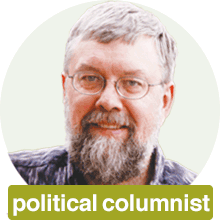 Walters: With Fed Policy Unclear, Donovan Creates Immigrant Task Force
Walters: With Fed Policy Unclear, Donovan Creates Immigrant Task Force








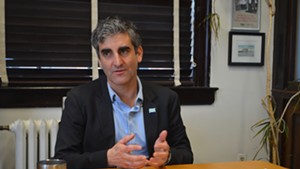
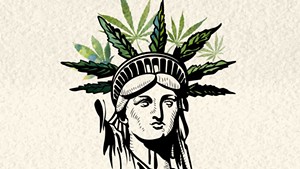
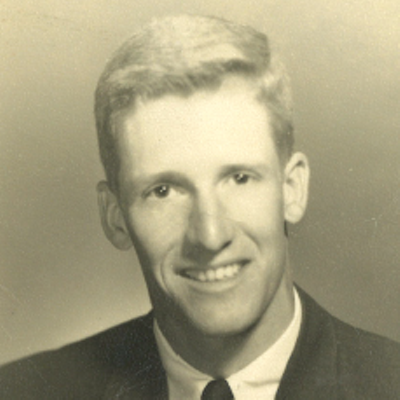
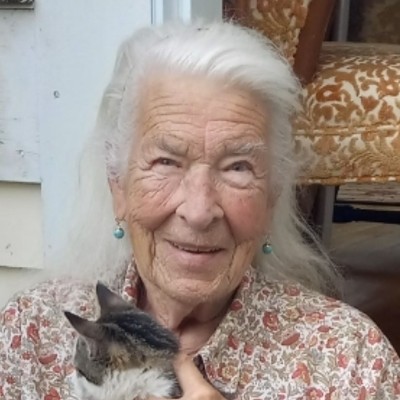
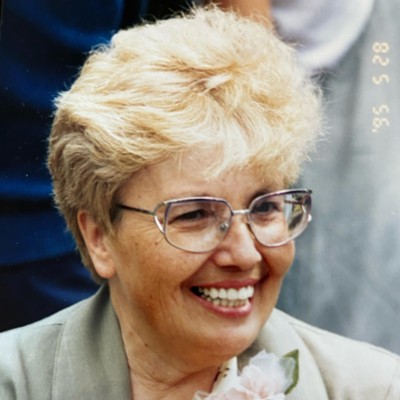
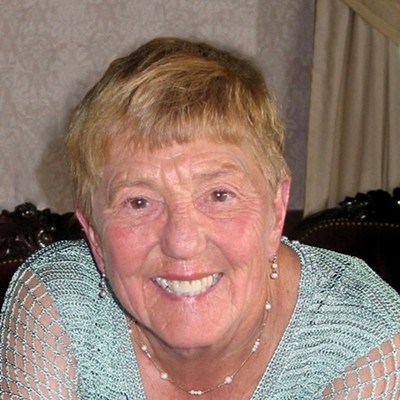
Comments
Comments are closed.
From 2014-2020, Seven Days allowed readers to comment on all stories posted on our website. While we've appreciated the suggestions and insights, right now Seven Days is prioritizing our core mission — producing high-quality, responsible local journalism — over moderating online debates between readers.
To criticize, correct or praise our reporting, please send us a letter to the editor or send us a tip. We’ll check it out and report the results.
Online comments may return when we have better tech tools for managing them. Thanks for reading.